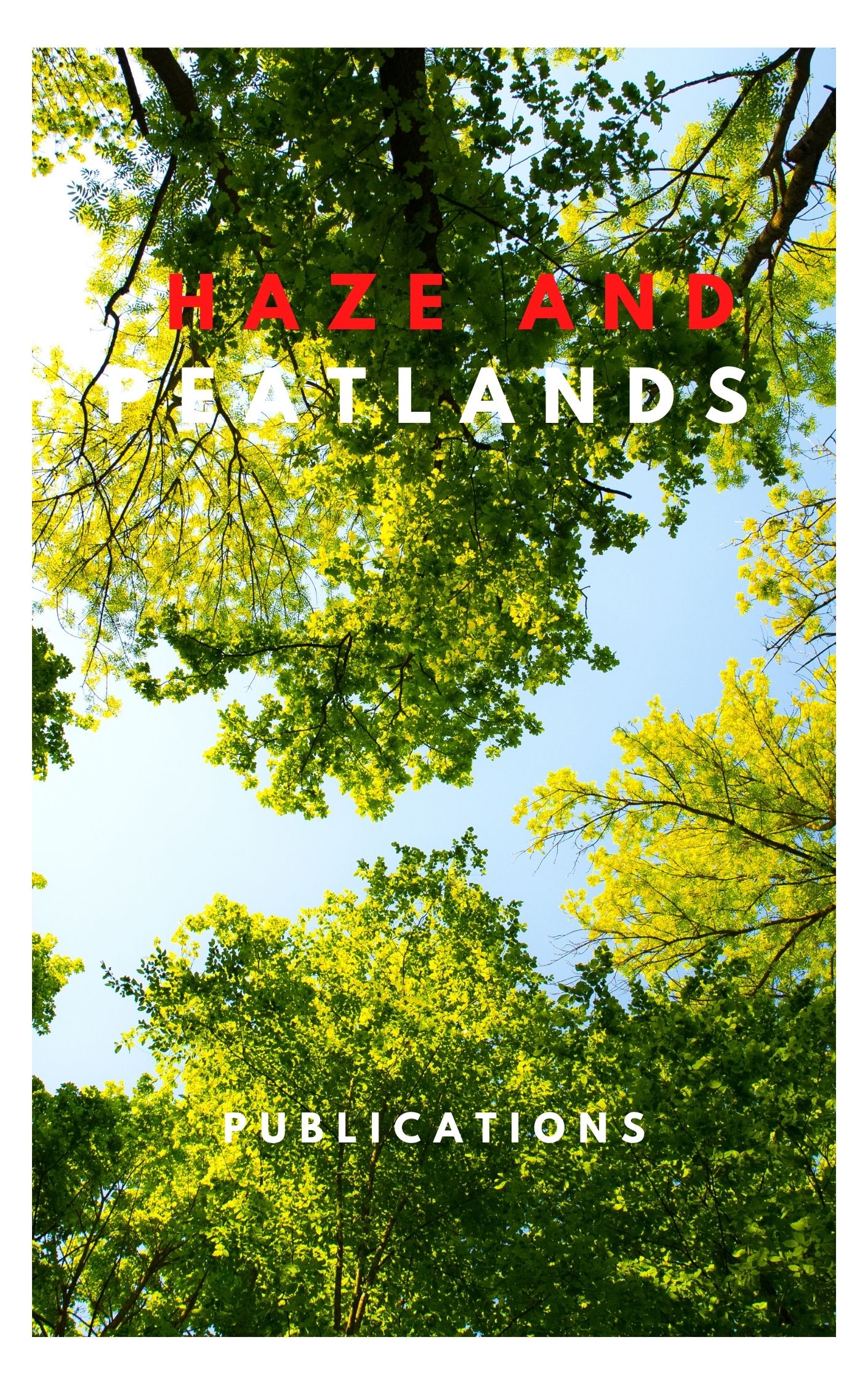The morphology of West Kalimantan with peatlands and tropical climate conditions makes this area vulnerable to the danger of land fires. Therefore, the pollution resulting from land fires and motorized vehicle transportation reduces air and rainwater quality. The utilization of rainwater as a source of drinking water for the people of Pontianak can affect the health of children under five. The prevalence of stunting in toddlers is high in Pontianak, but research on the effect of exposure to heavy metals leading to stunting is still lacking. This study aims to evaluate the relationship between the lead in drinking water and Urinary Lead on the incidence of stunting in toddlers. The research method used a case-control approach with a total sample of 60 children aged 3-5 years. Data collection was carried out from August to November 2021. Overall, the results showed that there was a significant difference in urine Pb levels in affected toddlers comparing to healthy ones (P ≤ 0.001), while Pb levels in drinking water sources did not differ significantly on the incidence of stunting in toddlers (P = 0.068). To conclude, there were differences in urine Pb content, but there was no significant link between Pb levels in drinking water sources and the incidence of stunting in children.
View source

